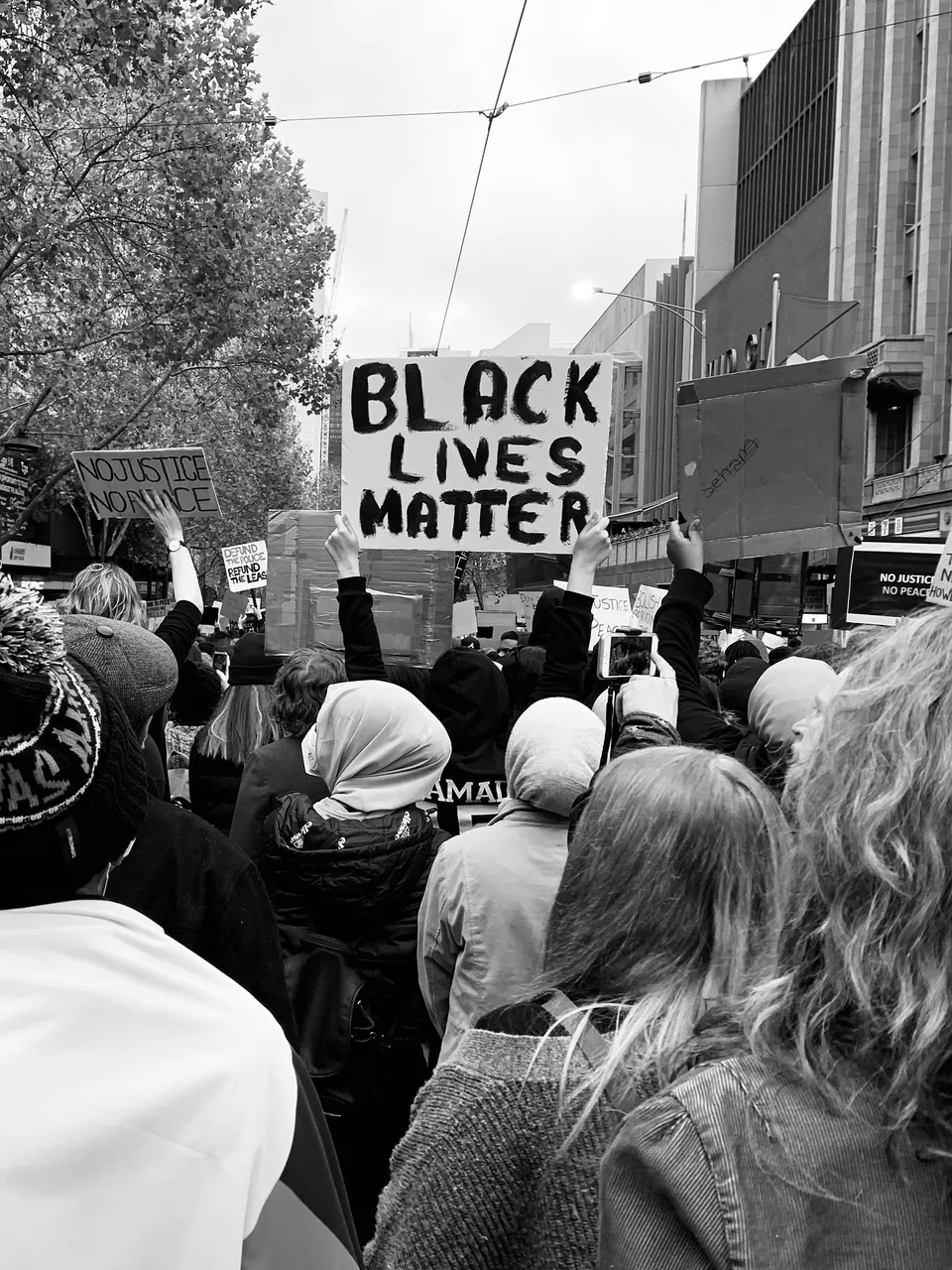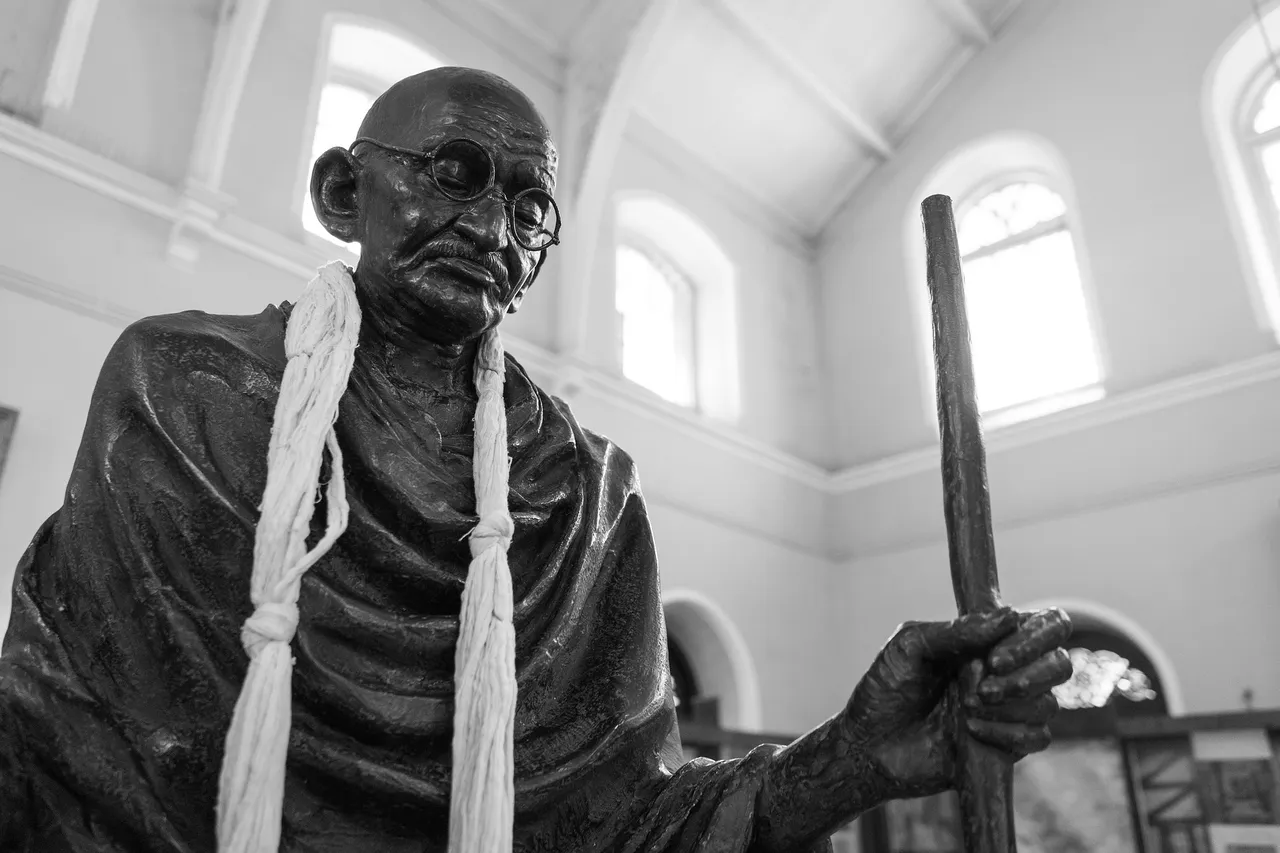
"If not you then who, if not now then when."
I've heard this statement said many times before when I was still studying at the university. The catchphrase often echoed in classrooms and hallways while student leaders discussed pressing issues and emerging concerns. Back then, we talked about the high cost of education, economic inequalities, and the best solutions available. We discussed and debated, researched and shared findings with anyone who cared to listen whether we are inside or beyond the school premises.
These days, people may be burdened by a number of disasters converging at the same time and people have no choice but to answer, or at least think about the question, because not giving it attention might mean loss of life and limb. It means that people, the people around us, those we love, are true participants in this literary question and are hostage to the situation of a global pandemic, climate crisis, and any of the numerous sociopolitical, economic, and moral problems we are currently facing.
Yes, it is a rhetorical question and as such we already have a fledgling idea of what the answer is. There are a number of reasons for this, such as apathy, passiveness, and indifference but, in my humble opinion, I believe that the biggest reason why people do not act on important issues is because of the lack of awareness and sense of responsibility that people take on about a particular cause or societal problem. I do not excuse myself from this, of course, but this is the main reason that can be so easily justified by the human mind. For example: I don't feel responsible to act on BLM issues even though I am aware that this is a pressing concern that affects people because I am living half-way around the globe from where the action is. I am more likely to act on the issue of EJK (extra judicial killings) because it is happening right here in my own backyard.

Another example that I feel comfortable in sharing is the importance of knowing the environmental impact of a vegetarian or vegan diet. I was just reading an article about it here (in case you'd want to read it). Anyway, there were two things that caught my attention in this article:
(1) Data culled from Kathy Freston, which detailed the impact on the environment of a vegetarian diet. Specifically, it showed what impacts would happen "if every American citizen adopted a vegetarian diet for 24 hours".
- saving 100 billion gallons of water.
- not needing 1.5 billion pounds of crops to feed livestock.
- 70 million gallons of gas would be saved.
- 3 million acres of land would be spared.
- 33 tons of antibiotics would not be needed.
- 3 million tons of soil erosion and $70 million in resulting economic damages.
- 4.5 million tons of animal excrement, which would eliminate almost 7 tons of ammonia emissions, a major air pollutant.
- and more benefits if this were a vegan diet.
(2) A Flexitarian Diet might actually help tip the balance of on our side of the scale because not even the most ardent environmentalist I know will change to a vegetarian, or vegan, diet after reading an article or two about the environmental impacts of a plant-based diet no matter how passionate they about environmental issues. At any rate, a compromise seems more viable than making a strict stand about it. And, a flexitarian diet is the most flexible one there is.

Looking at it from a different point-of-view, Mahatma Gandhi comes to mind. Responsibility can be one that happens from the inside-out. From you, the individual, to the rest of humanity.
"Be the change that you wish to see in the world!"
Actually, what Gandhi said resonated with humanity because it is telling us a basic truth that if we change ourselves, it can have ripple effects, that grows bigger as more people resonate with it until it ultimately becomes a tidal wave of change that no one can stop. Although this isn't exactly what he said, it still represents the gist of the actual quote which really showed the depth of wisdom that this person has.
What Mr. Gandhi actually said was this:
"We but mirror the world. All the tendencies present in the outer world are to be found in the world of our body. If we could change ourselves, the tendencies in the world would also change. As a man changes his own nature, so does the attitude of the world change towards him. This is the divine mystery supreme. A wonderful thing it is and the source of our happiness. We need not wait to see what others do.” – Mahatma Gandhi

Now, looking at our question of the week again, I feel that the statement is as valid today as it was back then - maybe more so, and that if we take more responsibility about it personally, then meaningful change can happen in the outer world.
So, that is my take on the matter, my two cents worth of opinions mixed in with some ramblings about past experiences, and seasoned with a little wisdom coming from one of the greats who've helped shape how humanity thinks. As it echoed in the hallways and classrooms during my younger days, it is now alive and thriving in social media.
Finally, my wish is that we can all embody the ideals that we wish to "see in the world" starting with ourselves, one step at a time.
That's it for now. I hope you enjoyed reading. Have a great day everyone. Peace and love all around!